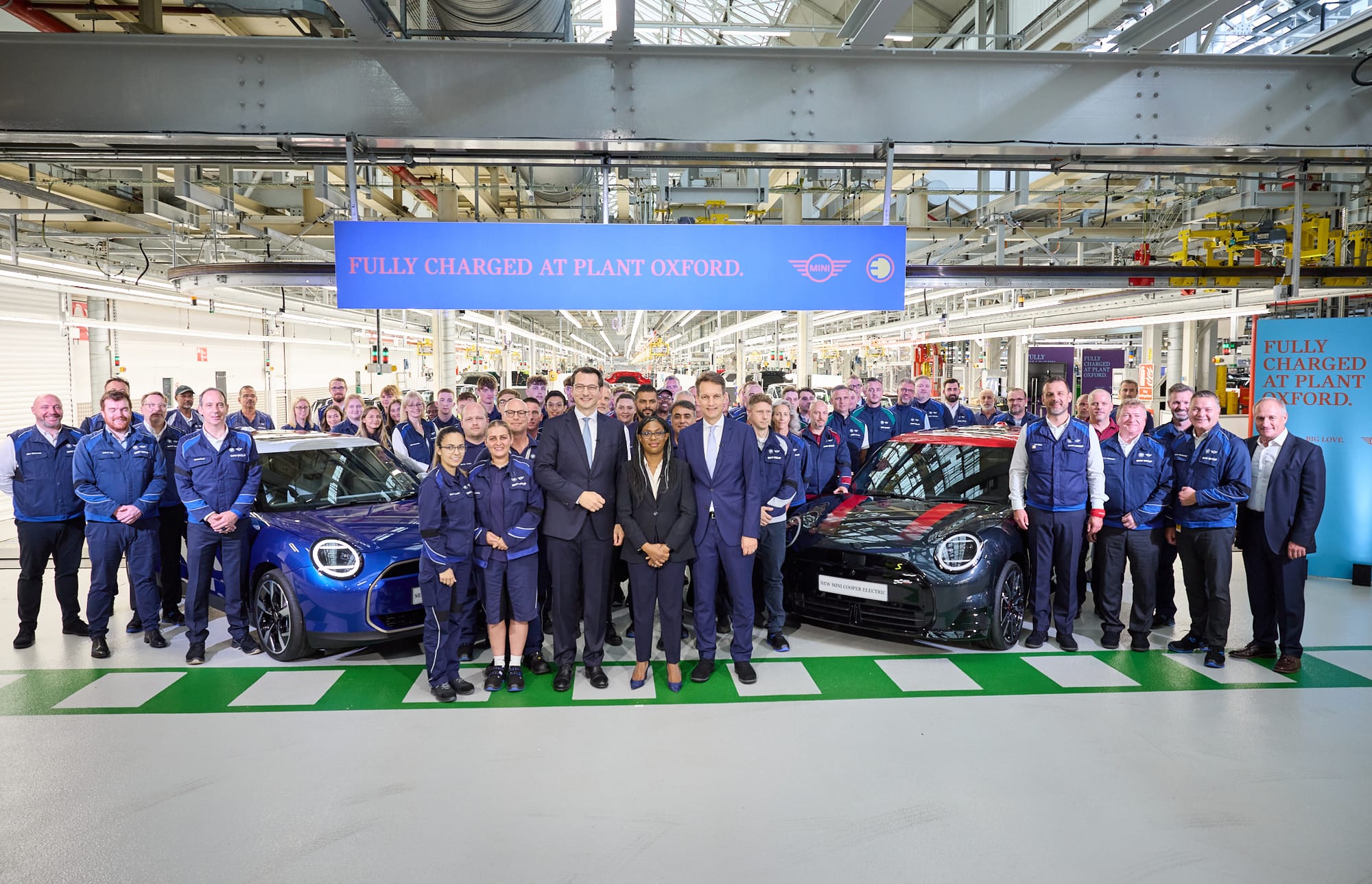The U.K. Just Punted a Key EV Target. It Will Happen Again.
What moving Britain's EV mandate from 2030 to 2035 means for Great Britain, the auto industry and the rest of us.

Once, it seemed like a major coup d’etat in the global war on carbon emissions: The United Kingdom, even under the conservative leadership of Prime Minister Boris Johnson at the time, announced in 2020 that it was 10 years away from banning the sale of new diesel and gasoline cars. In other words, any new cars sold in 2030 and beyond — and 1.6 million of them were purchased last year — would need to be zero-emission vehicles, likely electric cars but also some hydrogen cars as well.
Fast forward a bit to a year that’s seen more uneven EV adoption than many anticipated, a situation exacerbated by a shaky post-pandemic global economy. Now, the British government under Prime Minister Rishi Sunak hits reverse: Did we say 2030? Oh, we mean 2035 instead.
Sunak announced this week that the UK will, in his words, “ease the transition to electric vehicles,” allowing sales of new internal combustion cars until 2035. His decision is a disappointing one for climate reasons and, allegedly, even for some automakers hinging big hopes and potentially trillions of dollars on transitioning to EVs. (More on that later.) But the bigger question is, is this rollback just the start of a bigger trend?

